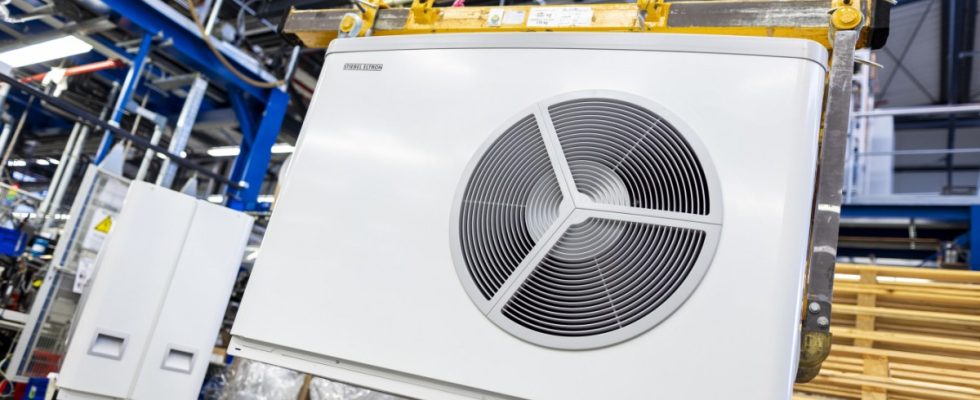It has taken a while. But now more and more entrepreneurs, managers and lobbyists are publicly positioning themselves against right-wing extremism and explicitly against the AfD. In a joint statement on Monday, the Federal Association of Employers (BDA) and the German Trade Union Confederation (DGB) condemned the recently uncovered remigration plans of right-wing extremists as well as all efforts to weaken central statements of the Basic Law and European unity. “Our companies are a mirror of society,” say the associations: “The people who work for and with us are our colleagues, our neighbors and friends.”
Last week, the management and presidium of the mechanical engineering association VDMA, led by its president Karl Haeusgen, made a statement in a statement. “The nationalist ideas of the AfD and other extremist parties, especially with regard to their economic policy, would soon ruin Germany as a business location,” it says. And that the AfD and similar parties are a “major location risk for Germany”.
Gunther Kegel, boss of Pepperl+Fuchs and president of the ZVEI association, also had clear words on Monday. He represents the electrical and digital industry. “Right-wing extremist parties are damaging the economy and therefore prosperity. This also applies to the AfD,” said Kegel in a ZVEI virtual press conference. “We cannot yet prove this statistically at a factual level. We only have our discussions,” the manager replied to the question of whether companies are complaining about problems recruiting new employees for East German locations or whether they are feeling greater reluctance from foreign investors be.
Be careful with conversation partners from abroad
On his trips abroad, however, business partners “very often ask him about the phenomenon of the rise of right-wing extremist, right-wing extremist and sometimes fascist parties. That worries people.” They just looked at Germany and asked, “given your history, we would have actually thought that you had a different defense against these things.” He sees the shift to the right in Europe with great concern.
Geopolitical and domestic political risks and uncertainties seem to concern Kegel more than the economy. His industry benefits in the long term from “megatrends” such as electrification, automation and digitalization, for which ZVEI companies supply products and services such as cables, semiconductors, batteries and much more. The prospects for this year are less good. The association expects production to fall by two percent in real terms. “That’s not dramatic,” says Kegel. From January to November 2023, production increased by 1.4 percent in real terms, including December, the industry will be close to its own forecast of 1.5 percent.
But fewer orders have been received since March – both from month to month and compared to the same months last year. Capacity utilization is still just over 80 percent. Anything over 85 percent is good. There is already some excess capacity. The number of companies that have already introduced short-time work or want to apply for it is growing. There are currently around 17,000 people on short-time work. That’s not a significant proportion, says Kegel. Around 910,000 people work in the German electrical and digital industry. But applications are increasing. Kegel also appeases you there. The numbers during the corona pandemic, with at times just over 180,000 people on short-time work, are a long way away, and the manager does not expect such numbers.
Of all the geopolitical tensions, the relationship with China is perhaps Kegel’s greatest concern. The industry uses the income generated by German companies in China to maintain and expand “high-quality employment relationships” in Germany. A halt to supply relations with China will certainly not have an impact on employment in Germany, said Kegel: “That will cost us a lot of prosperity.”

